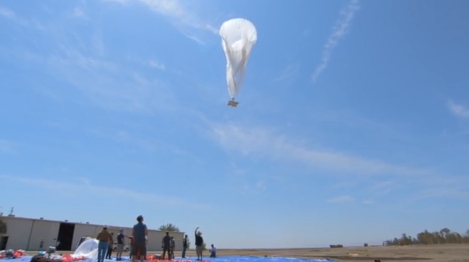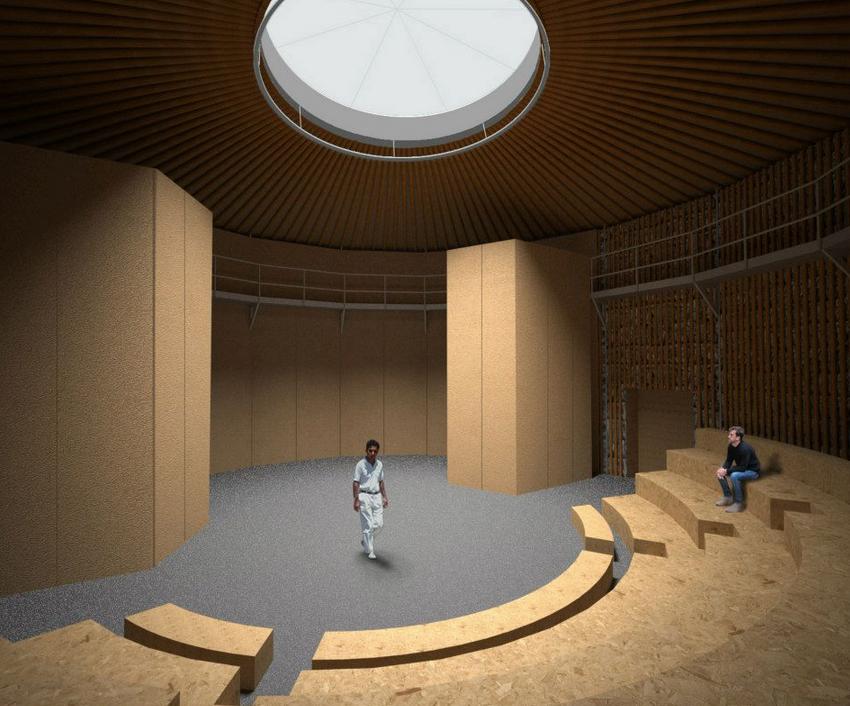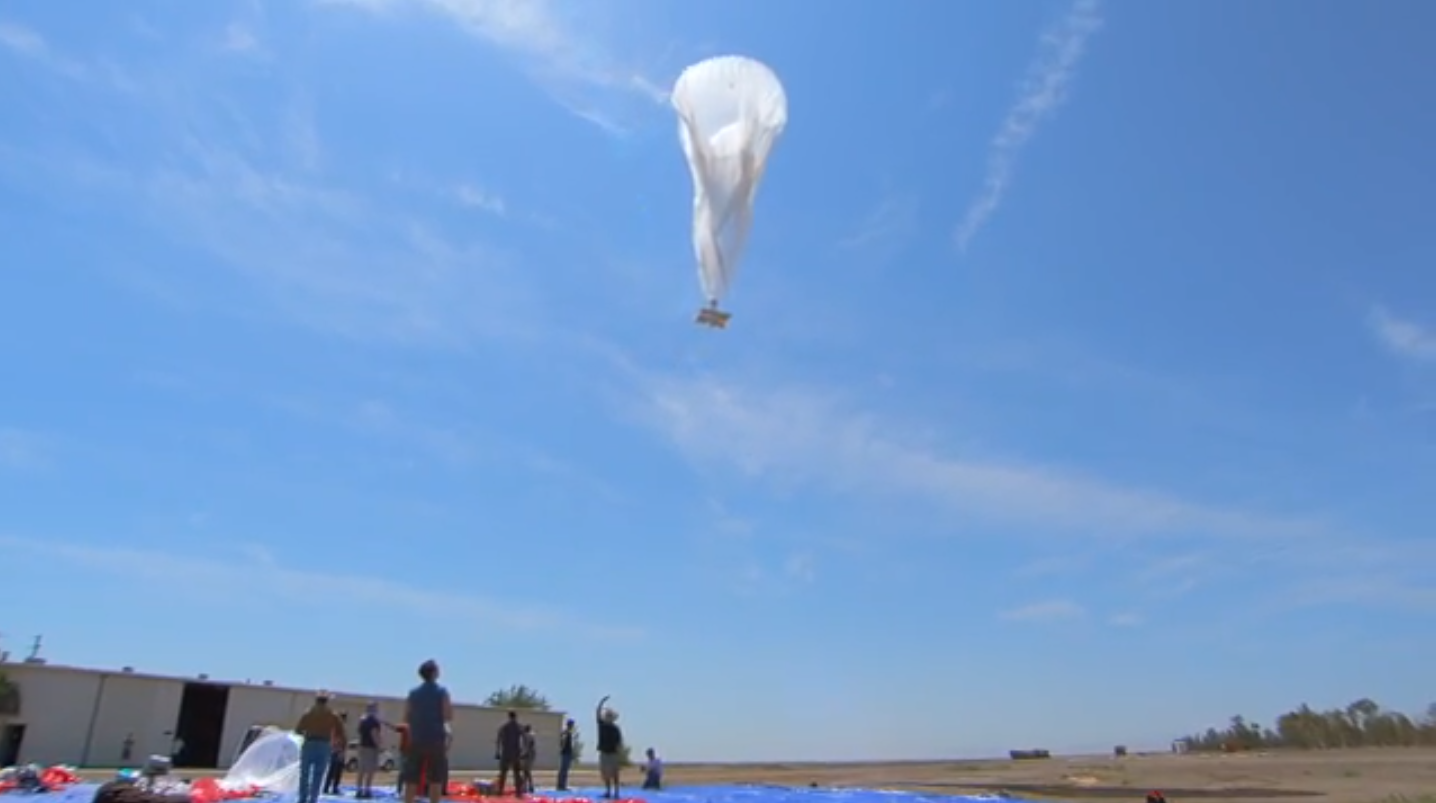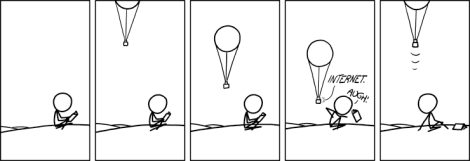
Google, that little company that makes quirky tweaks to its logo for various holidays (oh yeah, and the biggest media enterprise in the world), has launched a whimsical yet maybe actually helpful project: balloons that serve as internet hotspots for developing areas. It works like this:
This Saturday, the Googs had its first balloon-internet test run, which delivered broadband in New Zealand for about 15 minutes before the wind carried the balloons away. According to the Christian Science Monitor, the balloons can provide internet for an area twice the size of New York City, or about 482 square miles:
Here’s how it works. Large weather-type balloons (49 feet in diameter) are floated at an altitude of 12 miles above the Earth, well above where commercial aircraft fly. A series of stations on the ground (about 60 miles apart) bounce signals off some 300 balloons carrying solar-powered radio transmitters, which also communicate between balloons. The high-altitude balloons circle the globe untethered, riding the winds along the 40th parallel.
While on the surface this sounds like a cute, altruistic way to close the gap between internet haves and have-nots, Forbes is quick to point out that this is a carefully calculated business move:
Although Google has its “way-out” projects like Driverless Cars and Google Glass, those projects are adding nothing to the business. They create great press and clearly they have lifted the stock price, but Google is an ad company and autos and Glass will not add to that revenue stream. They might not provide alternatives for many years to come.
What does, and what will, is getting more people online with better connectivity, and controlling that process. In that sense Loon is really about the future of Google’s core business.
Specifically, Google is racing Microsoft and Samsung to establish wireless infrastructure in places like rural Africa. So think of Loon less as Zooey Deschanel singing “99 Luftballoons” and more as Kim Kardashian croaking “Diamonds Are a Girl’s Best Friend.”
Check out this video from Google for more about Loon:




